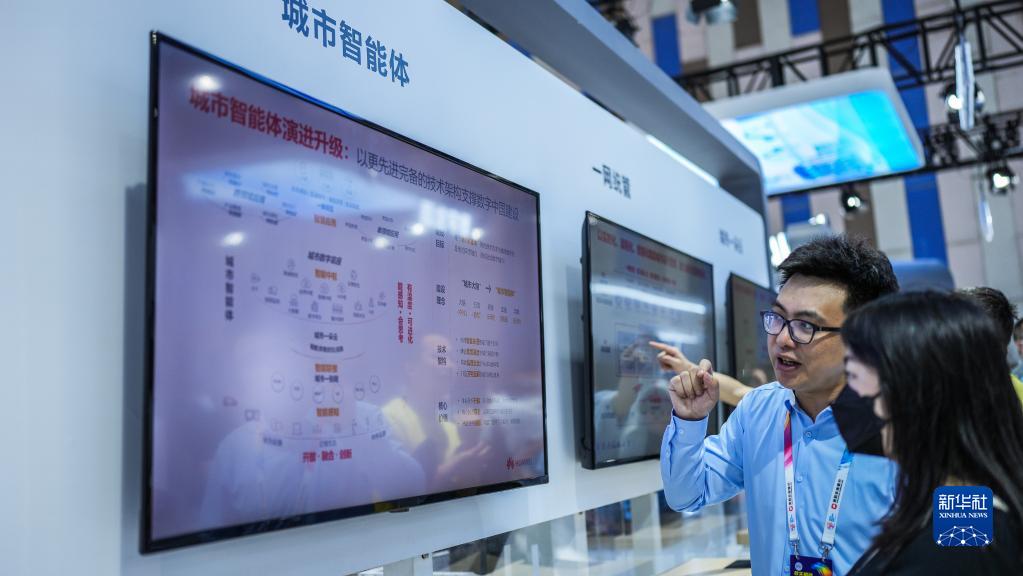
BEIJING - China on Monday unveiled a guideline on promoting the development of smart cities and urban digital transformation to make urban management smarter.
READ MORE: Innovation contest highlights China-ASEAN tech advances
By 2027, China expects to see significant progress in the digital transformation of urban areas, and to have built a number of livable, resilient and smart cities, according to the document released by the national data bureau and several other government departments.
... the integration and development of data will be incorporated into the entire urban digital transformation process.
Chen Ronghui, deputy head of the national data bureau
The guideline aims to deepen integration between digital technologies and the economy, governance and life via urban development, combine data into the entire development cycle of the cities, and coordinate technical progress and institutional innovation, said Chen Ronghui, deputy head of the national data bureau.
READ MORE: China's satellite navigation industry output up 7% in 2023
"To facilitate the high-quality development, high-efficiency governance and high-quality life in urban areas, the integration and development of data will be incorporated into the entire urban digital transformation process," said Chen.
Wu Xiaoning, another official with the bureau, said the across-the-board digital transformation will involve all aspects of urban development such as urban planning, construction, management, service and operation.
READ MORE: Hamdan bin Mohammed inaugurates Dubai AI Campus cluster at DIFC Innovation Hub
To promote such transformation, efforts will be made to establish a platform for urban digitization, improve digital infrastructure, and make institutional innovations to adapt to the demands of digital urban management, according to Wu.


